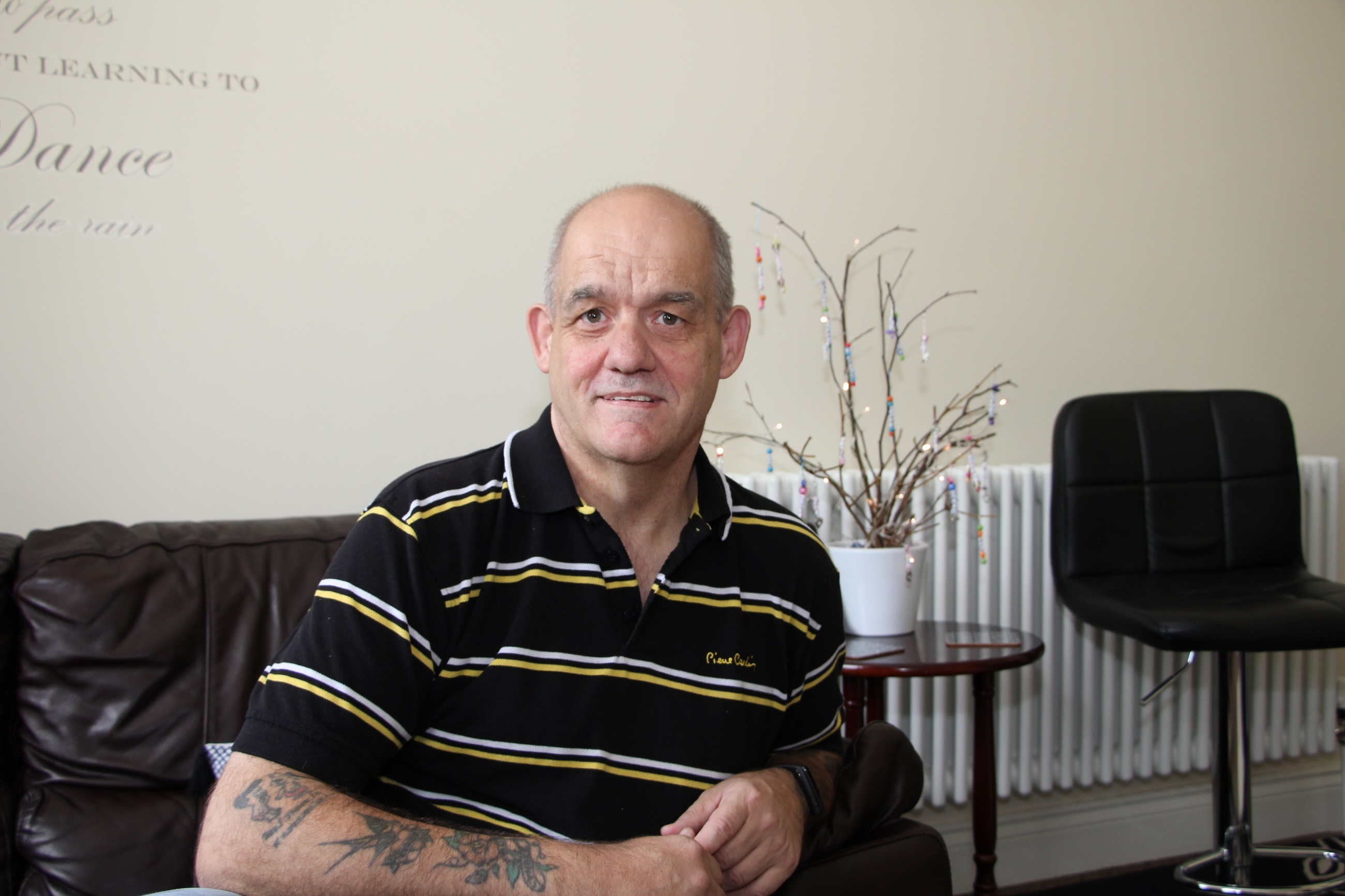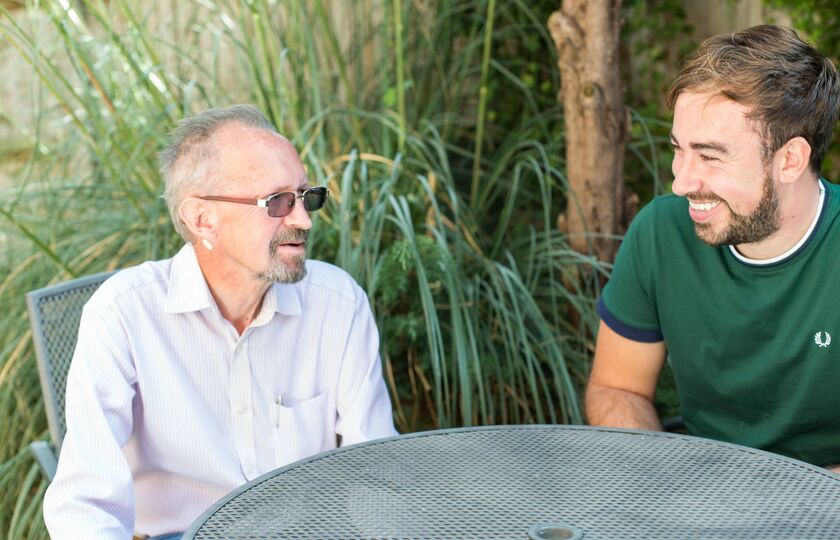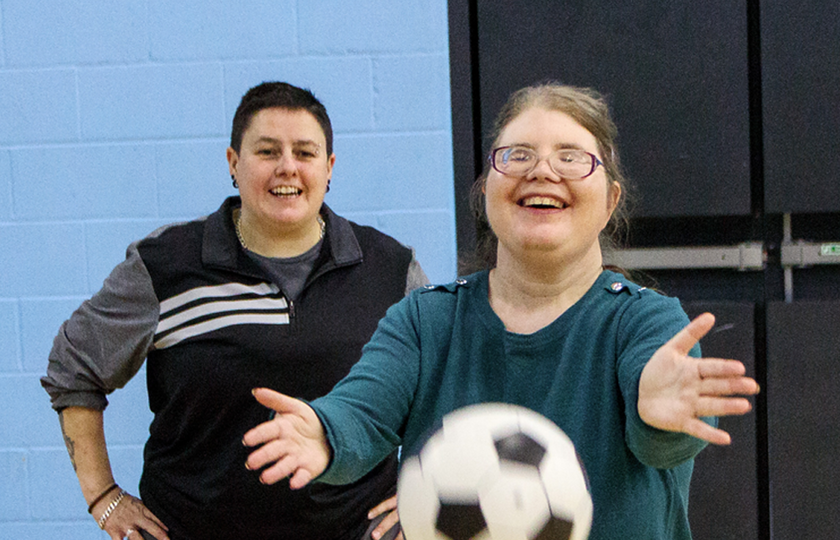Our approach
Forensic mental health

We provide unique support in Kent and Hampshire so that people can move out of low and medium secure forensic wards into high support community accommodation.
We work with the tenants to develop support that promotes long-term independence. We encourage tenants to meet personal, psychological, social, vocational and clinical outcomes.
We have successfully supported people to move on into their own accommodation, to live more independently. We can support them with this transition for around six months if needed.
St Andrews
We support nine people to live independently within self-contained flats in Maidstone, Kent. We often take referrals from Trevor Gibbens Unit, Cygnet or Littlebrook.
Beach Road
We support 6 people in this shared house in Hayling Island, Hampshire. We work in partnership with Ravenswood Hospital and take referrals from surrounding areas like Southampton, Isle of Wight, Portsmouth and other parts of Hampshire.
We engage with and support local mental health services in delivering an effective package of support and care. We work in partnership with the mental health trust to provide a rapid response to issues around treatment compliance, risk factors associated with mental health relapse, substance use, criminal justice issues and conflict resolution.
We work with a range of agencies to include: (CMHTs, GPs, Forensic Teams, psychiatrists, Rehabilitation and Recovery Team, OASIS, Assertive Outreach Teams, Home Treatment Teams and HDTs).
We believe that achieving a balanced approach to risk will give people greater control over their lives and the right to make mistakes without serious implications for their security and safety.
The support and encouragement we provide
- Motivation in daily living.
- Management of crisis situations.
- Medication support.
- Managing finances and budgeting.
- Appreciation of triggers for relapse and influences from others.
- Support in relation to self harm and suicide prevention.
- Support in drug and alcohol abstinence.
- Understanding own risks and how to manage them.
- Interacting in the community.
- Attending appointments.
- Engaging with other people and developing social skills.
- Managing own behaviours.
- Sourcing suitable move on accommodation.
- Support to access education, vocational and work opportunities.




